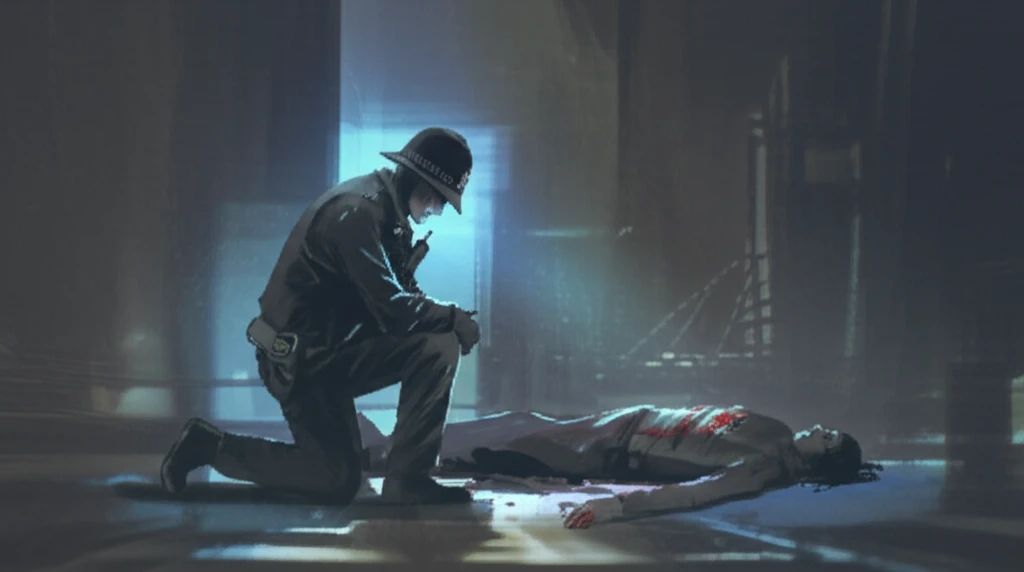
D13 Training: How UK Police Firearms Officers Are Saving Lives Beyond the Badge
"A Retrospective Look at Patient Report Forms Reveals the Unexpected Ways Medical Training Enhances Police Response."
In 2010, the United Kingdom introduced D13, a nationally standardized medical training program tailored for specialist firearms police officers. This program mandates that officers complete patient report forms (PRFs) following every instance where they provide medical care. These forms offer invaluable insights into the scope and impact of their interventions.
A recent retrospective review of patient report forms submitted by police firearms officers across five regions of England sheds light on the practical application and effectiveness of the D13 training. The review, spanning five years, uncovers the range of medical situations these officers encounter and the critical role they play in pre-hospital care.
The findings underscore that these officers respond to a wide array of incidents, ranging from traumatic injuries to medical emergencies, both minor and life-threatening. Their ability to provide immediate medical assistance is particularly crucial in environments where ambulance personnel may not be immediately accessible, positioning these officers as often the first line of medical response.
Beyond Firefights: The Diverse Medical Scenarios Faced by Specialist Officers

The review of patient report forms reveals that specialist firearms officers are frequently involved in medical interventions that extend far beyond scenarios directly related to firearms. While 30.5% of cases were linked to primary firearm deployments, a significant 69.5% arose from general police response situations. This highlights the dual role these officers play – as law enforcement professionals and immediate medical responders.
- Traumatic Injuries: Officers respond to a variety of injuries, including lacerations, stab wounds, fractures, and gunshot wounds.
- Medical Emergencies: They also assist individuals experiencing medical crises such as cardiac arrest, seizures, asthma attacks, and diabetic emergencies.
- Accidental Incidents: Road traffic accidents, falls, and workplace incidents also fall under their purview, requiring immediate medical intervention.
The Future of Police Medical Training: Enhancing Skills and Saving Lives
The D13 program and similar training initiatives represent a crucial investment in equipping police officers with the skills to save lives and improve patient outcomes in critical situations. As the demands on law enforcement continue to evolve, the integration of advanced medical training will likely become even more essential. By building on the successes of programs like D13, police forces can enhance their capacity to serve and protect their communities in the face of diverse and evolving challenges.
